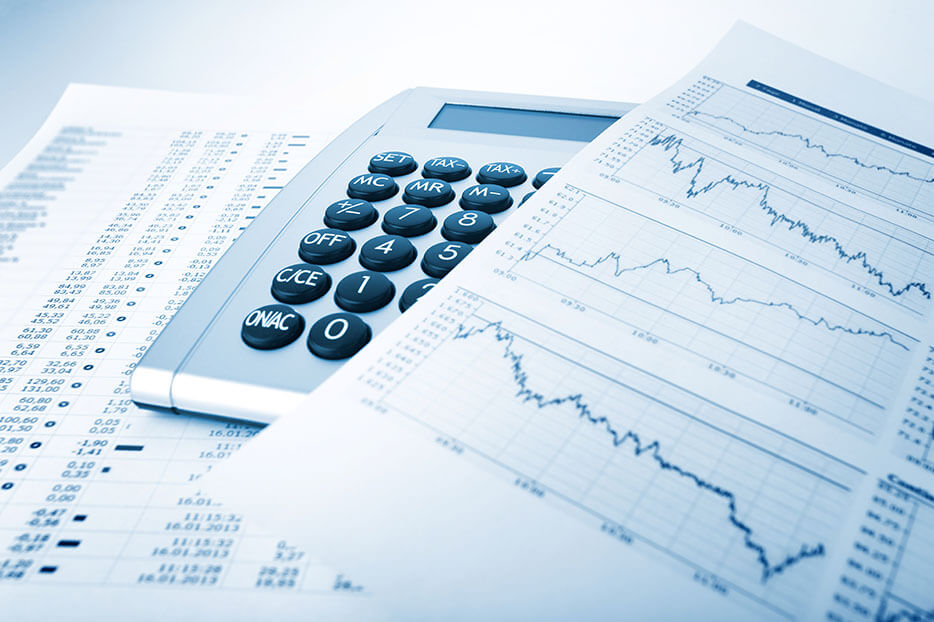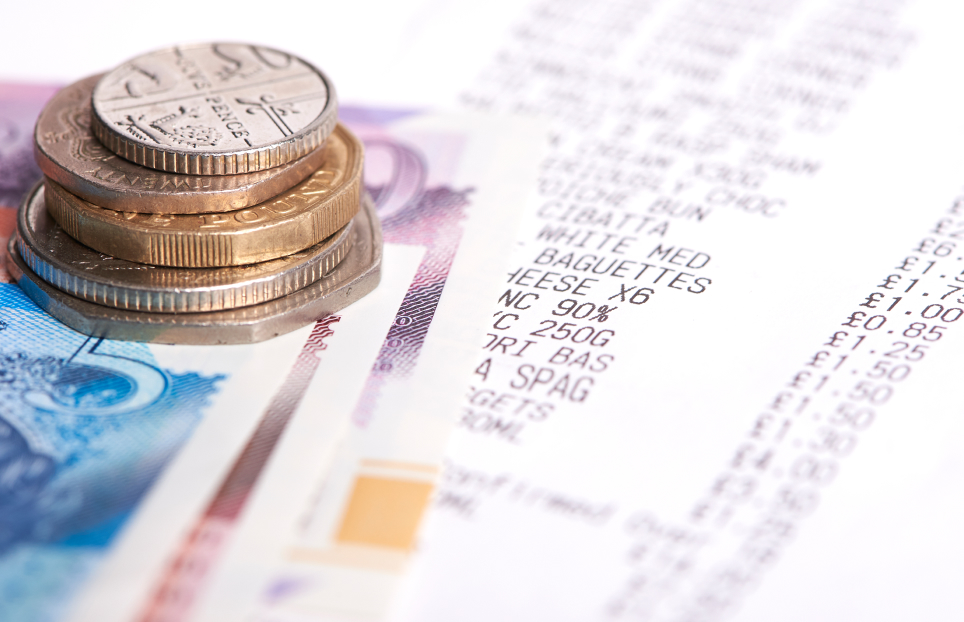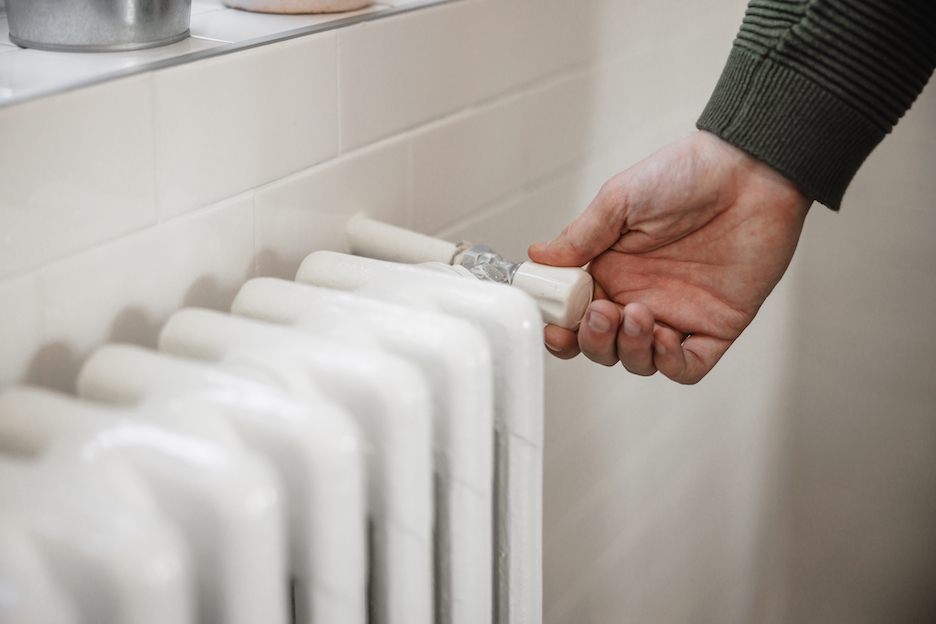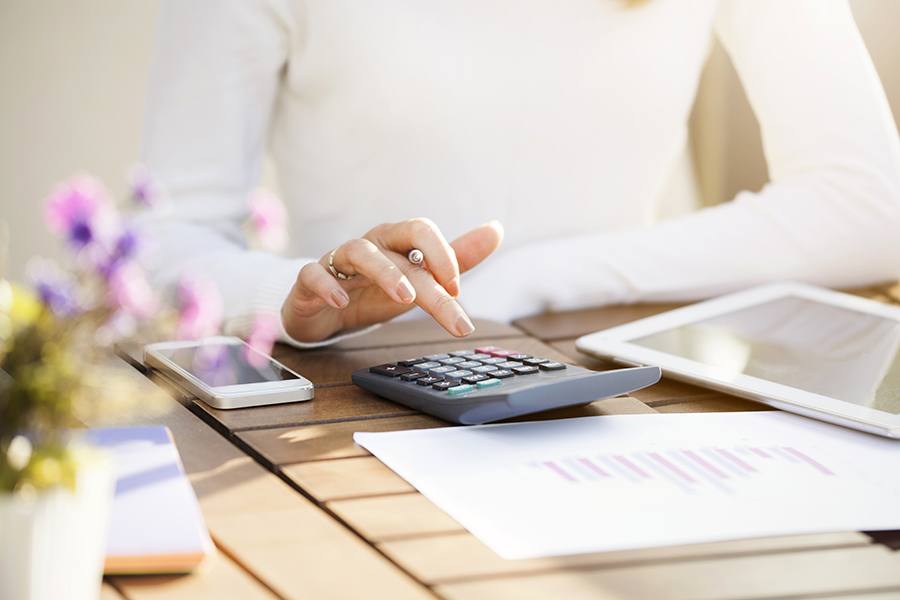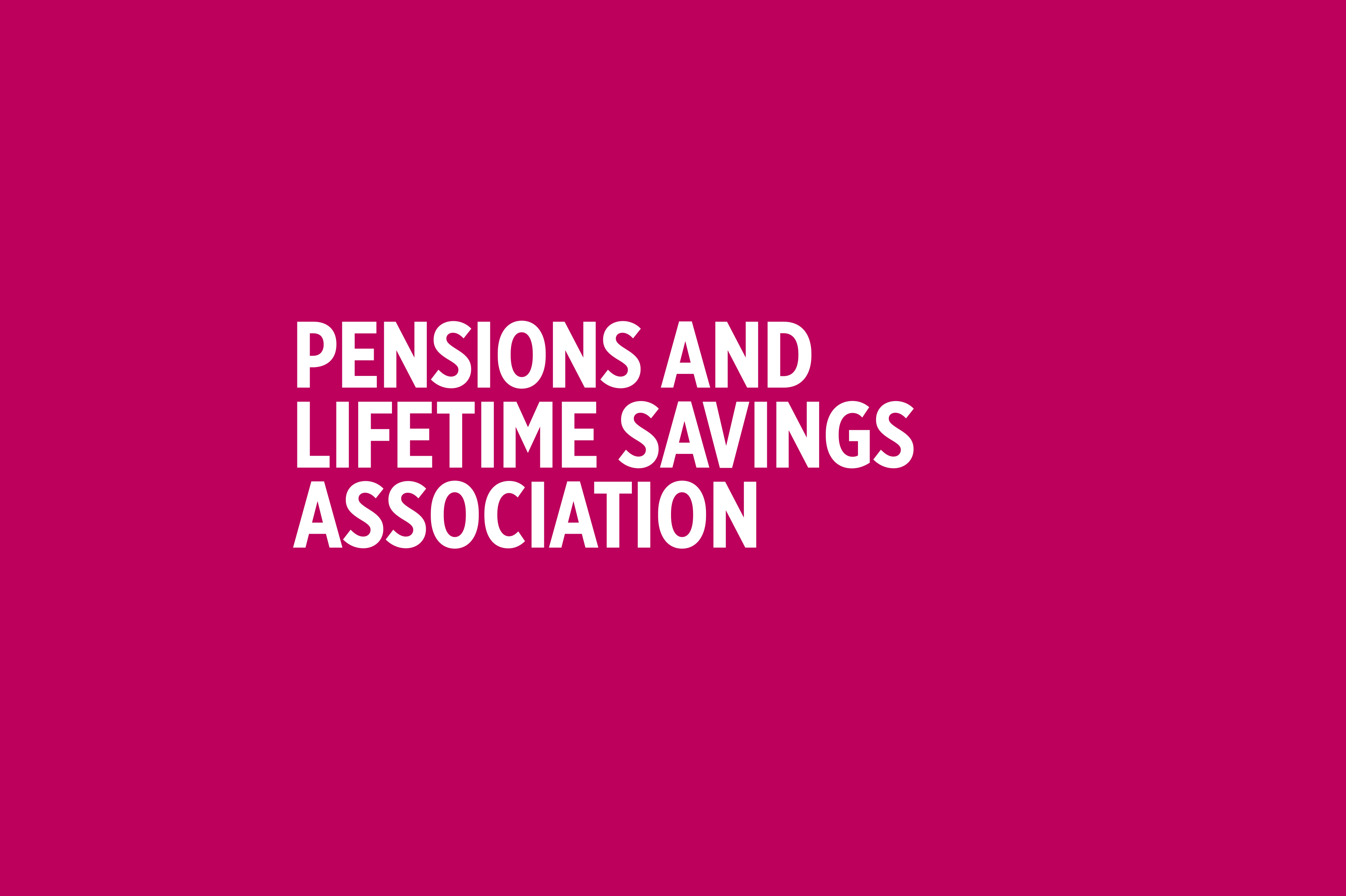< Back to news
Spotlight on tax
The Government sets limits on the amount of money you can save into your pension(s) without paying tax. It is your responsibility to check if you’re exceeding these allowances and make sure you pay any charges.
The Annual Allowance (AA) is the maximum amount of money you can pay in to all your pension arrangements in one tax year before incurring a tax charge. For the 2020/21 tax year, the AA is £40,000.
If you exceed the AA, then you may have to pay tax on any contributions that take you over the threshold. If you have not used all your AA in the preceding three tax years, then you can carry forward any unused allowance into the current tax year to increase your AA for the current year.
The Tapered Annual Allowance (Tapered AA) affects anyone earning, before tax, over £200,000 a year (excluding any deductions like pension contributions) or £240,000 a year (including deductions) in the 2020/21 tax year. This allowance sees your Annual Allowance reduced by £1 for every £2 you earn over the threshold. The minimum that your Annual Allowance can be tapered to is £4,000 a year.
The Money Purchase Annual Allowance (MPAA) applies if you are flexibly withdrawing any money from a Defined Contribution (DC or money purchase) pension arrangement. If you are, then the amount you can continue to contribute into other DC pension arrangements is lower than the normal AA. The MPAA for the 2020/21 tax year is £4,000.
The Lifetime Allowance (LTA) is the maximum amount of pension benefit that you can draw from all your pension arrangements in your lifetime without paying an additional tax charge. For the 2020/21 tax year, the LTA is £1,073,100. If you exceed the LTA, you would incur a tax charge on any money you withdraw over the threshold.
Scheme activity in 2024
Here's a reminder of what you have received from the Trustee throughout 2024...
December 2024
Read article
Financial summary
Each year, the Trustee produces its Report and Accounts. This shows the financial...
December 2024
Read article
Investment overview
The table below shows the performance of the investment funds available in...
December 2024
Read article
Member Nominated Director (MND) update
The Trustee reviewed its three MND's terms of appointment as part of its continual...
December 2024
Read article
Pension scams are still rising
With modern technology, scammers can produce professional-looking materials...
December 2024
Read article
Pensions Dashboards update
Pensions Dashboards are set to transform how you access information about your...
December 2024
Read article
Bulk transfer update
On 1 October 2024, Babcock International Group plc (the Company) launched a new employee...
December 2024
Read article
Important update on your DC savings for the BRSS
This affects the Defined Contribution (DC) savings of all active and deferred members...
November 2024
Read article
An update on the Lifetime Allowance
Since 2006, pension savings have been subject to a Lifetime Allowance (LTA)...
April 2024
Read article
Scheme activity in 2023
Here's a reminder of how the Trustee has kept in touch with you throughout 2023...
December 2023
Read article
Financial summary of the Scheme
Each year, the Trustee produces its Report and Accounts. This shows the financial development of the Scheme over the year...
December 2023
Read article
Investment overview
The table below shows the performance of the investment funds available in the 12 months to 30 September 2023, compared...
December 2023
Read article
How much money will you need in retirement?
We've previously reported on the Retirement Living Standards...
December 2023
Read article
Help look after the ones you leave behind
You can tell the Trustee your wishes by...
December 2023
Read article
State Pension increases
In April 2023, the State Pension increased by 10.1%...
December 2023
Read article
Beware of pension scams
Sadly, we continue to remind members to be aware of the danger of pension scams....
December 2023
Read article
Spotlight on a Trustee
We spoke to Karena Caskie, a Member-Nominated Trustee, about his experience of sitting on the Trustee Board...
December 2023
Read article
Retirement Living Standards and Pension Credit
Many people don't save enough for retirement because they don't know how much money...
August 2023
Read article
Keep your savings safe from scammers
Over the years, scams including pension scam activity continue to rise with scammers looking to...
July 2023
Read article
Your pension tax limits have changed
The AA is the maximum amount that you can save into all your pension arrangements...
June 2023
Read article
Member Nominated Director - Terms of appointment postponement
At the end of 2022, the Trustee reviewed its Member Nominated Directors (MNDs) terms of...
April 2023
Read article
Scheme activity in 2022
Here's a reminder of how the Trustee has kept in touch with you throughout 2022...
December 2022
Read article
Financial summary of the Scheme
Each year, the Trustee produces its Report and Accounts. This shows the financial development of the Scheme over the year...
December 2022
Read article
Investment overview
The table below shows the performance of the investment funds available in the 12 months to 30 September 2022, compared...
December 2022
Read article
Dealing with the rising cost of living
It has been a busy period for the Scheme since the last winter newsletter and, particularly in recent months...
December 2022
Read article
Financial guidance is at hand
If you're struggling to get on top of debt, want to feel like you're in control...
December 2022
Read article
Who should we look after if you die?
Your Scheme membership provides valuable benefits for your loved ones, so...
December 2022
Read article
Are your TRA and investment choices still right for you?
Alongside the contributions that you and the Company make into your Personal Account, if you are an active member...
December 2022
Read article
Boost your benefits
If you are an active member in the BRSS, making additional contributions to your Personal Account in the BRSS now could mean ...
9 November 2022
Read article
Statement regarding market volatility
You will have probably seen in the press many articles regarding the pensions industry and the impact of current market volatility...
20 October 2022
Read article
Common myths and FAQs
A recent study published on the Pension Bee website...
29 September 2022
Read article
Normal Minimum Pension Age to increase
The government will be increasing the Normal Minimum Pension Age...
5 September 2022
Read article
New climate-focused investment fund has launched
The Trustee is pleased to announce that the fund is now available for all members to choose to invest in...
12 January 2022
Read article
Scheme activity in 2021
While the challenges of living with COVID-19 are...
6 December 2021
Read article
Financial Summary 2021
Each year, the Trustee produces its Report and Accounts...
6 December 2021
Read article
Investment overview 2021
The table below shows the investment performance of the individual funds available to members...
6 December 2021
Read article
New climate-focused investment fund
The Trustee is pleased to announce that it has committed to introducing a new...
6 December 2021
Read article
Tax allowances – 2021/22
The Government limits how much money you can save ...
6 December 2021
Read article
Looking after your loved ones
Did you know that your loved ones could be entitled...
6 December 2021
Read article
Pension scams – stay alert
Scammers are continuing to target pension pots of all sizes...
6 December 2021
Read article
How much money will you need when you retire?
More of us than ever are saving in a workplace ...
6 December 2021
Read article
New website for your BRSS pension: MyWorkplace
Aviva provides the administration services to the Trustee...
30 September 2021
Read article
Setting your retirement goals
Every year, Aviva sends you a benefit statement...
1 June 2021
Read article
Staying pension healthy
Unfortunately, scammers target pension pots of all sizes...
1 June 2021
Read article
A look back at 2020
For many of us, 2020 has been a difficult year...
10 December 2020
Read article
Update from the administrator
The Trustee contacted all members in April 2020 to explain how the Scheme's administration team...
10 December 2020
Read article
Financial summary of the Scheme
Each year, the Trustee produces its Report and Accounts...
10 December 2020
Read article
Investment overview
The table below shows the investment performance of the individual funds available to members...
10 December 2020
Read article
Spotlight on a Trustee
We spoke to Richard Bowen, a Member-Nominated Trustee, about his experience of sitting on the Trustee Board...
10 December 2020
Read article
Look after your loved ones
Did you know that your loved ones could be entitled to...
10 December 2020
Read article
Too good to be true?
It's now illegal for companies to make unexpected or unsolicited contact with you about...
10 December 2020
Read article
Coronavirus update
What does the Coronavirus mean for your pension?
9 April 2020
Read article
Investment overview
The Trustee works closely with investment managers who manage the day-to-day investments...
19 December 2019
Read article
Financial summary of the Scheme
Each year, the Trustee produces its Report and Accounts...
19 December 2019
Read article
Planning for your retirement
Whether you are considering early retirement, or plan to continue working...
19 December 2019
Read article
Further information
This report summarises the Scheme developments...
19 December 2019
Read article


